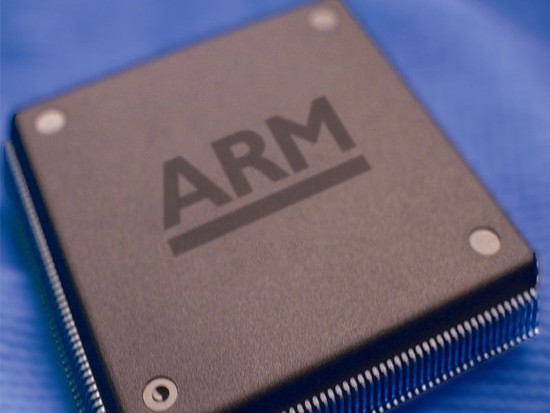As one of the world’s largest PC makers and suppliers Dell has been long faithful to the x86 architecture. The market is changing though, and Dell is not letting old habits hinder it from keeping up, but is actively experimenting with servers based on the ARM architecture.
The so called ”Wintel cartel” have been synonymous to the PC market since the early 90’s. With years on the throne comes gray hairs, and Intel’s x86 architecture have been around (althouth updated many times) since the introduction in 1978 with Intel 8086. 1978 was quite long ago, and it is first now that we see Intel squirming over the competition.
While ARM neither is a new concept or architecture it has been gaining a lot of market space and attention lately, much thanks to the exploding smartphone market. It won’t stop there though. ARM Holdings and its partners have the sight set for notebooks, servers and desktop computers. What makes this all the more possible is that the PC giants are actively experimenting with implementing ARM in its servers. Forrest Norrod, general manager at Dell, says that ARM hardware has been tested in Dell’s lab over the last year.
”We’ve had ARM systems in our lab for over a year.[…]If that’s what our customers demand that’s what we’ll offer,” Forrest Norrod, General Manager at Dell
There is nothing that implies Dell is ready or have products in planning, but as demand rises and ARM continues to grow stronger the actual products will not be far off. Servers will be the most visible product group for ARM implementation, probably because many clients demand high efficiency. ARM has focused most of all on efficiency, an important property considering its market share on the mobile market. Another likely product category is notebooks, especially after ARM compatible Windows 8 arrives, but there are not hints of such products from Dell at the moment.

Even if ARM is trying to break into x86 territory there is still a long way to go before it is a serious threat to Intel. There is not wide spread support for 64-bit processering addressing in ARM processors, especially not in a processor for servers or PCs. Most developers are not keen on scaling down applications from 64-bit to 32-bit, while waiting for broad support. Norrod believes ARM processors will not be available from Dell until the end of 2013.
Source: Forbes





















Leave a Reply